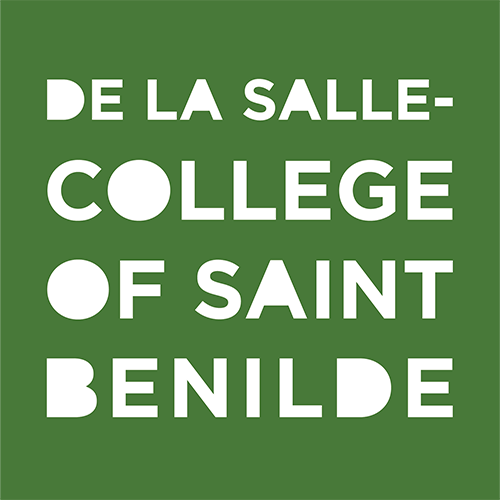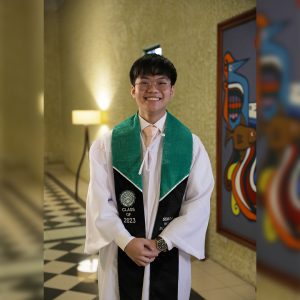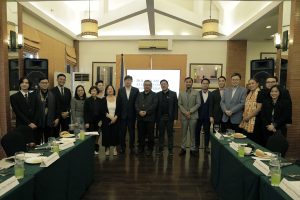Student delegate paper on historical distortion, online child exploitation wins award
Young delegate Gianna Isabella Trinidad, an Arts and Design Strand student from Benilde Senior High School (SHS), won Best Position Paper for the United Nations Children’s Fund (UNICEF) at the 4th Xavier Model United Nations (XMUN).
It is launched by the Xavier School Model United Nations (xsMUN), a student-led organization committed to fostering Xaverian excellence in the spirit of diplomacy. It continues its mission to engage youth leaders in the field of international relations and develop their skills in debate, communication, and compromise in line with the real-world problems.
Themed Braving Challenges Beyond Frontiers: Rebuilding Trust in Institutions Through Diplomacy, the three-day convention gathered student-envoys from different schools to address the various issues in their respective committees and to collaborate and conceptualize outstanding and innovative solutions.
The participants were tasked to submit a position paper that expounds the stand of the countries of their representation on particular matters in question.
Upon careful deliberation of the Board of Dais, the Best Position Paper Award under the UNICEF Committee was granted to the Republic of Estonia represented by Trinidad. She was part of the committee with the agenda to address the issues of “historical distortion within school curriculums” as well as the “adverse influence and exploitation of children online”.
“Historical Distortion and Negationism is a prevalent issue which continues to plague multiple nations and states through purposeful disregard of the due process in Historical Revision,” she wrote. “In the case of the Holocaust, denial and distortion still prevail in educational institutions.”
In her statement, Trinidad stated that The Republic of Estonia proposed “the development of policies which instruct educational institutions to produce materials and programs which provide a window for analysis and debate beyond just recognition.”
She likewise highlighted the importance of mandatory examination of teaching materials to ensure opportunities for students to critically examine historical events and present occurrences.
“This act guarantees the mitigation of distortion and furthermore encourages students to engage in discussions of past and present events. Thus granting individuals the ability to closely analyze the information which they absorb,” she added.
On the adverse influence and exploitation of youth online, Trinidad stressed that the issue “is introduced as children become increasingly vulnerable to malicious actions from fellow internet users”, with cases that range from circulation of sensitive materials to trafficking through cyberspace.
She proposed to pass resolutions to “develop an international definition of Child Exploitation Sexual Material in order for legislators and enforcers to properly determine what constitutes a criminal act” and build alliances with online platforms to “tighten regulations regarding user identification, age restrictions, and communication policies to mitigate connections between children and offenders”.
Trinidad likewise championed the significance of incorporating online safety and security lessons in the national curricula. She likewise advocates for conducting consistent public awareness programs that inform not only children but also “every individual which navigates cyberspace.”




